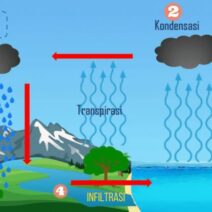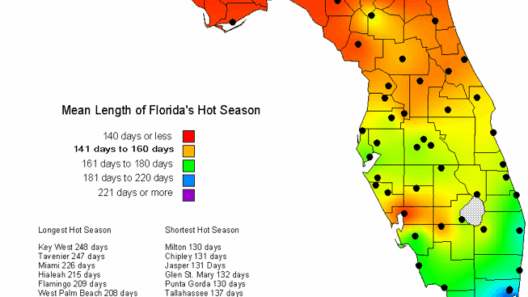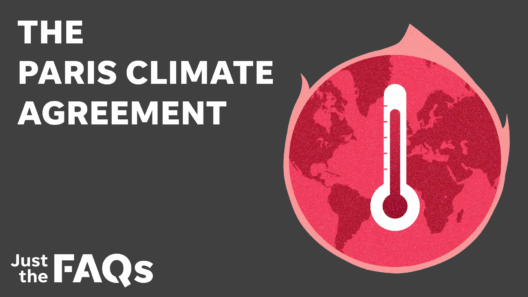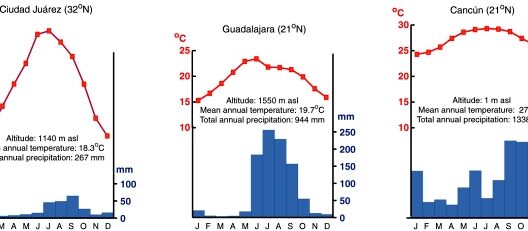As the world grapples with the looming specter of climate change, the pressing question emerges: Is there hope for the future, or have we irreversibly passed the point of no return? Addressing this query necessitates an exploration of current environmental conditions, scientific advancements, grassroots movements, and policy shifts that could collectively shape a more sustainable planet. By dissecting various aspects of this issue, we can glean insights into both the dire realities we face and the glimmers of hope that persist.
The trajectory of climate change is unequivocally troubling. Rising global temperatures, catastrophic weather phenomena, and rampant biodiversity loss underscore a reality that demands urgent attention. According to the Intergovernmental Panel on Climate Change (IPCC), the planet has warmed about 1.1 degrees Celsius since the late 19th century. This increase has initiated a cascade of changes, including more extreme weather events, melting ice caps, and rising sea levels. These physical manifestations of climate change are not merely statistics; they directly affect communities, economies, and ecosystems worldwide.
Nevertheless, amidst this overwhelming data is a burgeoning recognition of the potential for human innovation to play a crucial role in counteracting these trends. Recent advancements in renewable energy technologies demonstrate that transition is not only feasible but also economically viable. Wind, solar, and hydroelectric power sources have seen significant cost reductions and efficiency improvements over the past decade. In various regions, renewable energy now competes head-to-head with fossil fuels, marking a pivotal shift in the energy landscape.
Moreover, the landscape for electric vehicles (EVs) is rapidly evolving. Once considered a niche market, EVs have surged in popularity, propelled by advancements in battery technology, government incentives, and an increasing awareness of their environmental benefits. Major automobile manufacturers are committing substantial resources to transition their fleets to electric, underscoring a collective shift toward sustainable transportation. This shift could significantly reduce greenhouse gas emissions, offering a potent solution in mitigating climate change.
Alongside technological advancements, grassroots activism is emerging as a formidable force in the fight against climate change. Movements like Fridays for Future, spearheaded by young activists, have catalyzed public discourse on climate issues, galvanizing millions to advocate for systemic change. This activism underscores the power of individual agency; when people unite, they can demand accountability from political leaders and businesses alike. Beyond mere awareness, such movements have resulted in tangible impact, influencing policy decisions at local, national, and global scales.
Policy, perhaps the most complex yet critical facet of addressing climate change, plays an instrumental role in shaping our collective future. The Paris Agreement represents a landmark effort in international climate diplomacy, as countries commit to limiting global warming to well below 2 degrees Celsius. However, the efficacy of such agreements hinges on robust implementation and accountability. Countries must transition from verbal commitments to actionable policies that reduce emissions. Furthermore, the incorporation of green technologies and sustainable practices into economic recovery plans could catalyze significant strides toward a carbon-neutral global economy.
Nonetheless, for optimism to blossom, it requires confronting an array of formidable challenges. Despite the progress made, global emissions continue to rise. The reliance on fossil fuels remains entrenched, particularly in developing countries where access to energy is critical for economic development. Transitioning to sustainable practices without jeopardizing economic growth represents a delicate balancing act. Addressing socioeconomic disparities is also crucial, as marginalized communities often bear the brunt of climate impacts yet contribute the least to the problem. Ensuring that climate solutions are equitable is imperative for fostering a more hopeful future.
The role of the individual in combating climate change cannot be understated. While systemic change is vital, individual choices—such as minimizing waste, conserving energy, and supporting ethical businesses—can collectively contribute to a larger movement toward sustainability. Informed consumers can drive demand for greener products, prompting companies to adopt more sustainable practices. Furthermore, educators and advocates can leverage social media to spread awareness and mobilize action, further amplifying the impact of individual efforts across broader platforms.
A paradigm shift in our relationship with nature is essential. Embracing a mindset of stewardship rather than exploitation can foster a deep-rooted commitment to environmental preservation. This perspective shift entails recognizing the intrinsic value of biodiversity and ecosystems, which are crucial for maintaining the planet’s ecological balance. Initiatives such as reforestation, habitat restoration, and sustainable agriculture can rejuvenate natural systems while bolstering community resilience against climate impacts.
While the existential threat posed by climate change evokes despondency, it is imperative to acknowledge that the potential for positive change persists. The convergence of technological innovation, grassroots activism, and policy reforms heralds a shift toward a more sustainable modus operandi. Every glimmer of progress reminds us that it is not too late; hope exists in the resilience of the planet and the ingenuity of humanity. By combining efforts and fostering a collective sense of responsibility toward the environment, society can still forge a path to a climate-resilient future.
In conclusion, the question of hope amidst climate change is not one of binary absolutes. Rather, it is an evolving narrative that encompasses both challenges and opportunities. As science continues to inform our understanding of climate systems, and as social movements catalyze action, the capacity for meaningful change emerges. Each individual, each community, and each nation plays a pivotal role in this narrative. Thus, the current epoch calls for robust engagement and commitment to sustainable practices; for, ultimately, the hope for climate change hinges on our collective will to act.






